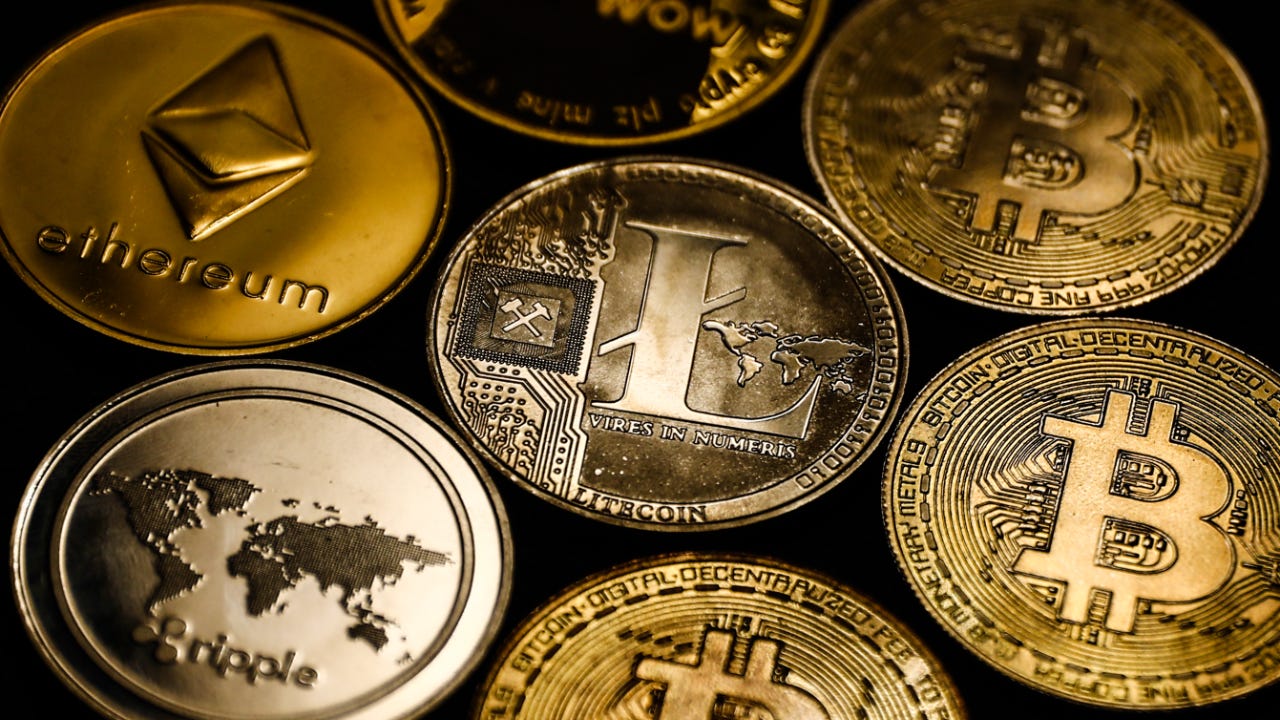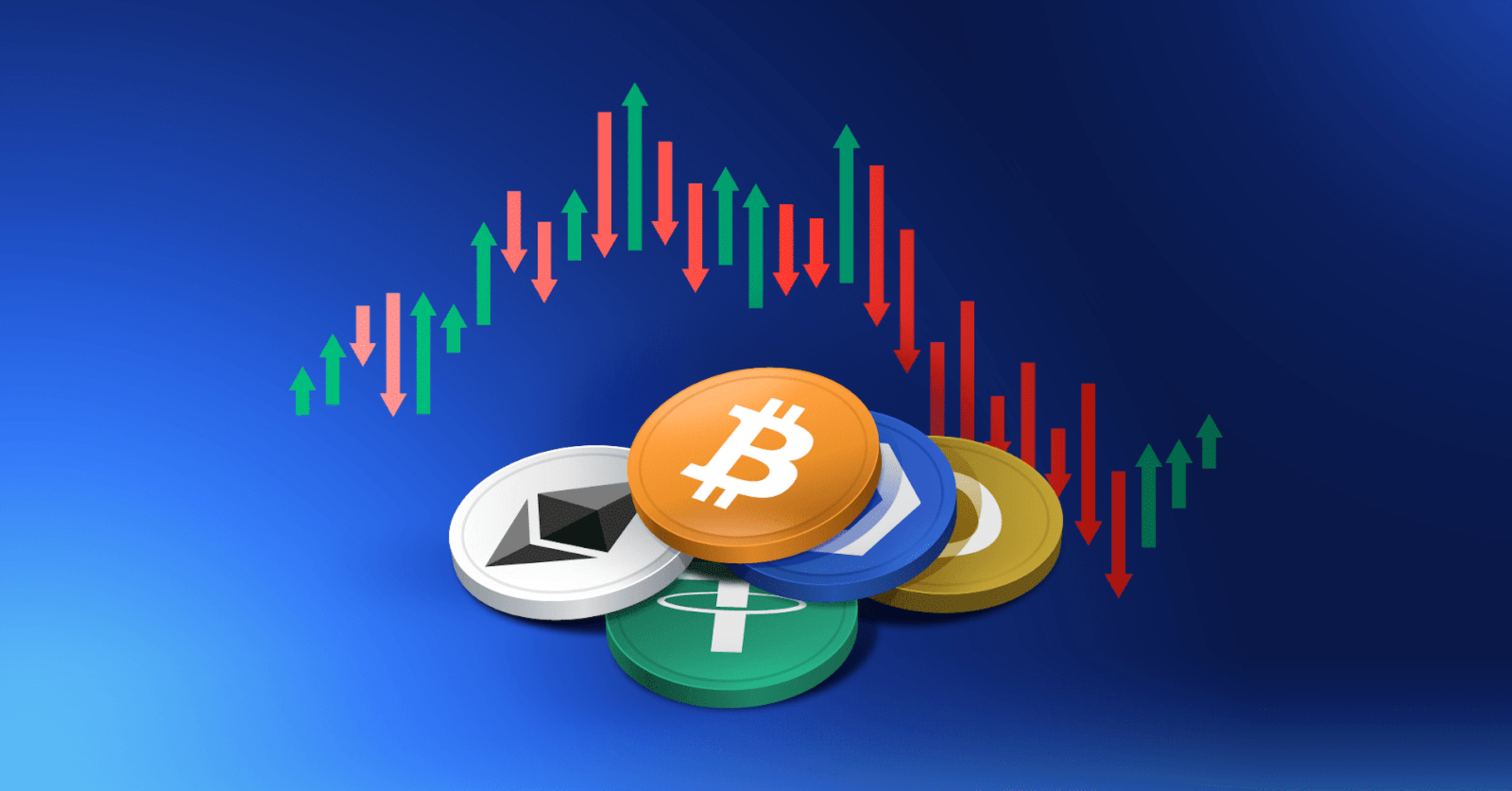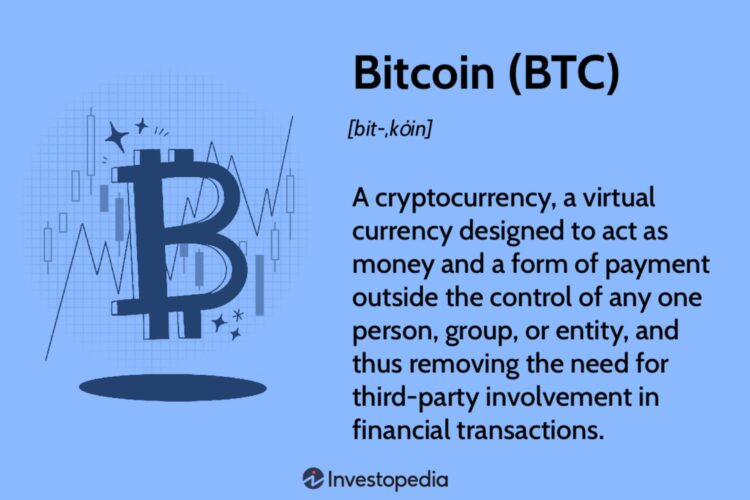The rise of altcoins has dramatically reshaped the crypto landscape, offering both new opportunities and challenges for investors. As the popularity of digital currencies expands, understanding the market potential of altcoins becomes crucial. Altcoins, which differ significantly from Bitcoin in various aspects, present unique risks and rewards. For any crypto coin investor, knowing these distinctions and developing effective investment strategies is essential to navigate this rapidly evolving terrain.
Understanding Altcoins and Their Market Potential
Altcoins represent all cryptocurrencies that are not Bitcoin. Each type of crypto coin under this category aims to improve upon Bitcoin’s structure by enhancing its limitations or introducing entirely new features. Here is what sets altcoins apart and highlights their market potential:
- Diverse Use Cases: Unlike Bitcoin, which primarily functions as a store of value, altcoins serve various purposes. Some, like Ethereum, facilitate smart contracts, while others, like Ripple (XRP), focus on streamlining international payments.
- Innovation: Many altcoins incorporate cutting-edge technology. For example, DeFi (Decentralized Finance) coins aim to revolutionize traditional banking systems by offering peer-to-peer lending and borrowing.
- Lower Entry Barriers: Most altcoins are priced significantly lower than Bitcoin, making them accessible to a broader range of investors. This provides an opportunity for more individuals to enter the crypto coin market.
| Feature | Bitcoin | Altcoins |
|---|---|---|
| Primary Function | Store of Value | Various (Smart Contracts, Payments) |
| Technology | Blockchain | Advanced Blockchain, DeFi |
| Market Price | High | Generally Lower |
Overall, the potential of altcoins lies in their diversity, innovation, and accessibility. Understanding these aspects can help investors make more informed decisions when entering the crypto coin market.

Key Differences Between Altcoins and Bitcoin
When delving into the world of crypto coin investments, understanding the key differences between altcoins and Bitcoin is crucial. While both fall under the umbrella of cryptocurrencies, they exhibit distinct characteristics:
Market Capitalization:
- Bitcoin: Bitcoin boasts the highest market capitalization, reflecting its dominant position in the crypto coin market.
- Altcoins: Altcoins, on the other hand, generally exhibit lower market capitalization but offer diverse market niches.
Technology and Use Cases:
- Bitcoin: Bitcoin focuses primarily on being a digital currency and a store of value.
- Altcoins: Altcoins often bring innovative technologies and varied use cases, such as smart contracts with Ethereum or enhanced privacy with Monero.
Mining Algorithms:
- Bitcoin: Utilizes the SHA-256 algorithm for proof-of-work.
- Altcoins: Employ a variety of algorithms, including proof-of-stake (PoS) and delegated proof-of-stake (DPoS).
Transaction Speed and Fees:
- Bitcoin: Bitcoin’s transaction speed can be slower, with relatively higher fees.
- Altcoins: Many altcoins offer faster transactions with lower fees, making them attractive for everyday transactions.
Adoption and Acceptance:
- Bitcoin: Widely accepted by merchants and institutional investors.
- Altcoins: While gaining popularity, altcoins generally see lower acceptance rates.
Understanding these differences enables investors to make informed decisions and tailor their investment strategies to align with their goals and risk tolerance.
Risks and Rewards Associated with Altcoin Investment
Investing in any crypto coin comes with its unique set of risks and rewards. Altcoins, in particular, present opportunities and challenges that every investor should consider carefully.
Risks:
- Volatility: Altcoins are known for their significant price fluctuations. A coin’s value can surge or plummet within hours, making the market highly unpredictable.
- Regulation Uncertainty: Governments worldwide are still grappling with how to regulate cryptocurrencies. Sudden regulatory changes can impact the value and legality of altcoins.
- Security Concerns: Altcoins are often targeted by hackers. Security breaches can result in substantial financial loss and erode trust.
Rewards:
- High Returns: Successful investments in altcoins can yield substantial returns. Some altcoins have outperformed traditional financial instruments by a large margin.
- Innovation: Altcoins often offer unique technological advancements or solutions, providing investors a chance to be early adopters of groundbreaking technologies.
- Diversification: Adding altcoins to a cryptocurrency portfolio can enhance diversification, reducing overall risk.
In conclusion, investing in a crypto coin such as an altcoin involves balancing potential high rewards with significant risks. Therefore, thorough research and strategic planning are essential for making informed investment decisions.
Strategies for Successful Altcoin Investment
Investing in any crypto coin, including altcoins, requires a strategic approach to maximize returns and minimize risks. Here are several key strategies for successful altcoin investment:
Research Thoroughly: Before investing in any altcoin, conduct comprehensive research. Assess the underlying technology, the team behind the project, and the coin’s market potential.
Diversify Your Portfolio: Do not put all your investment into one single crypto coin. Spread your investments across various altcoins to mitigate risks.
Stay Updated: The crypto market is highly dynamic. Stay informed about market trends, news, and any regulatory changes that could affect your investments.
Set Clear Goals: Define your investment goals, whether they are short-term gains, long-term holds, or a combination of both. This will help you stay focused and make informed decisions.
Risk Management: Use risk management techniques such as setting stop-loss orders to protect your investments from significant losses.
Join Communities: Engage with online communities and forums. They can provide valuable insights, predictions, and support from experienced investors.
By following these strategies, you can make informed decisions and potentially achieve significant returns on your altcoin investments. Always remember that the crypto coin market is volatile, and thorough preparation is key.

Frequently Asked Questions
What is an altcoin?
Altcoin stands for "alternative coin," which refers to any cryptocurrency other than Bitcoin. These digital currencies collectively aim to build on the success and shortcomings of Bitcoin by introducing new features, consensus mechanisms, or applications. Prominent examples include Ethereum, Litecoin, and Ripple. Altcoins can serve various purposes, such as enabling smart contracts, providing privacy features, or facilitating faster transactions.
Why should investors consider adding altcoins to their portfolios?
Investors may consider incorporating altcoins into their portfolios to diversify their assets and potentially achieve higher returns. Since altcoins often introduce innovative technologies and concepts, they can offer opportunities that Bitcoin does not. However, it should be noted that altcoins typically carry higher risks, given their volatility and emerging nature. Conducting thorough research and understanding the mechanisms behind each altcoin is crucial for informed investment decisions.
What risks are associated with investing in altcoins?
Investing in altcoins comes with several risks, including high volatility, regulatory uncertainty, and potential security vulnerabilities. The value of altcoins can fluctuate dramatically within short periods, exposing investors to significant losses. Additionally, regulatory frameworks for cryptocurrencies vary widely across different jurisdictions and can change rapidly. Altcoins may also be more susceptible to hacking and fraud, as newer projects may not have robust security measures in place.
How can I stay informed about the latest developments in the altcoin market?
Staying informed about the latest developments in the altcoin market involves following multiple resources. Investors should regularly monitor reputable cryptocurrency news websites, join online communities such as Reddit forums and Discord channels, and attend industry conferences and webinars. Following thought leaders and analysts on social media platforms like Twitter can also provide timely insights. Additionally, reviewing whitepapers and project updates from the official websites of altcoins can offer deeper understanding and valuable information about upcoming changes and innovations.











